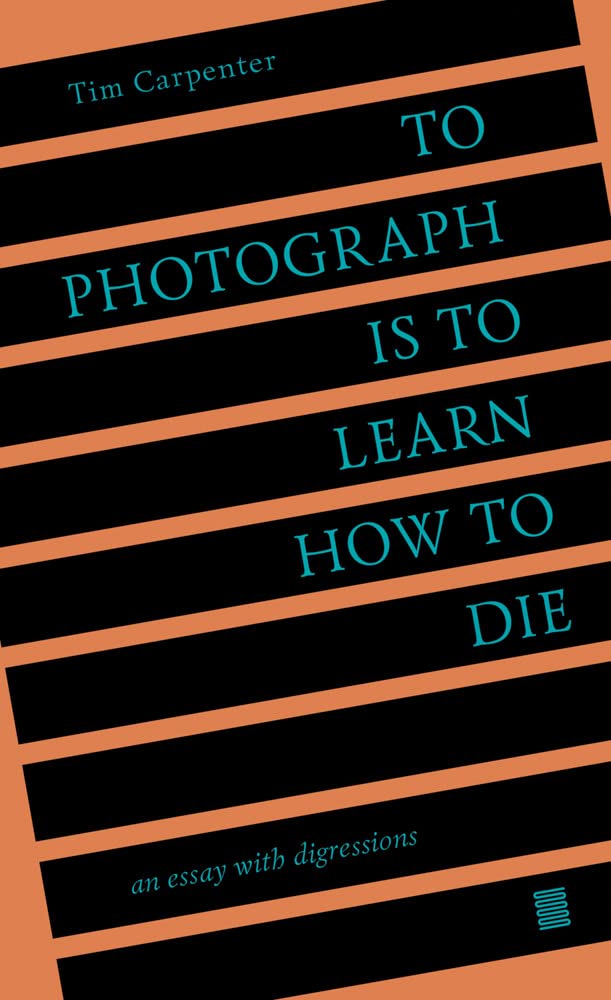What do you think?
Rate this book


231 pages, Paperback
Published January 24, 2023
"...our sense of death is constructed of the things we make from life. [...] we manifest our epiphanies (those momentary accords between the internal and the external, and time) in aesthetic objects, which are created sets of relationships between entirely external things. Here is the ultimate argument for the usefulness to humans (the ethics) of the aesthetic object: that significant form (as beauty) can help to prepare its audience (and its maker) for non-being."